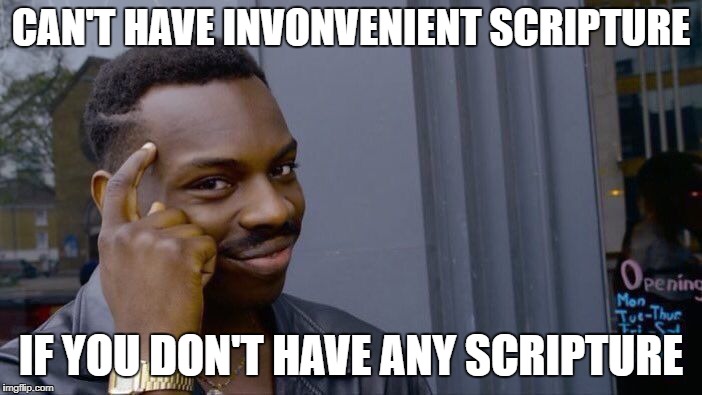Ah okay, so we're not actually discussing Christianity, we're discussing
magical spherical Christianity in a featureless, frictionless void utterly separated from what it actually consists of, which is people. You can't discuss a religion in isolation from the people who practice it, no more than I can discuss American cultural attitudes without discussing the people who hold them.
Sure I do, but I'm so tired of seeing quotes from the Old Testament being mentioned as a "gotcha" that this is my instinctive reaction. These are quotes from literally eight centuries before the birth of Christ, trying to use them as indication of modern Church history, or even medieval or ancient history is cheap sophistry. I'm not interested in making excuses for the Catholic Church for obvious reasons, I'm interested in critique that's actually effective. So yeah, as you stated in the rest of your post, what the Chuch actually
did was highly different from the Law as described.
Which is, heh, actually a point of criticism; the Church went against its theology by politicking it away.



